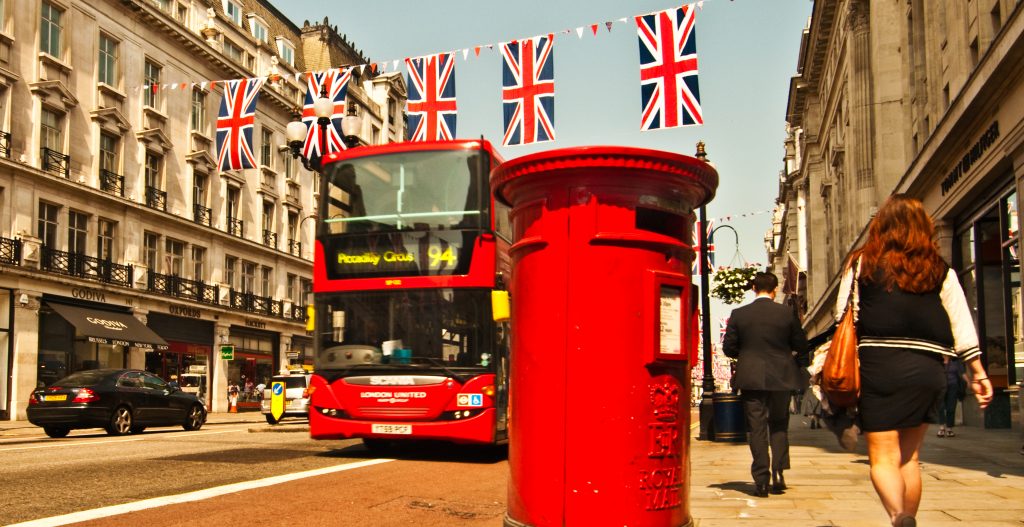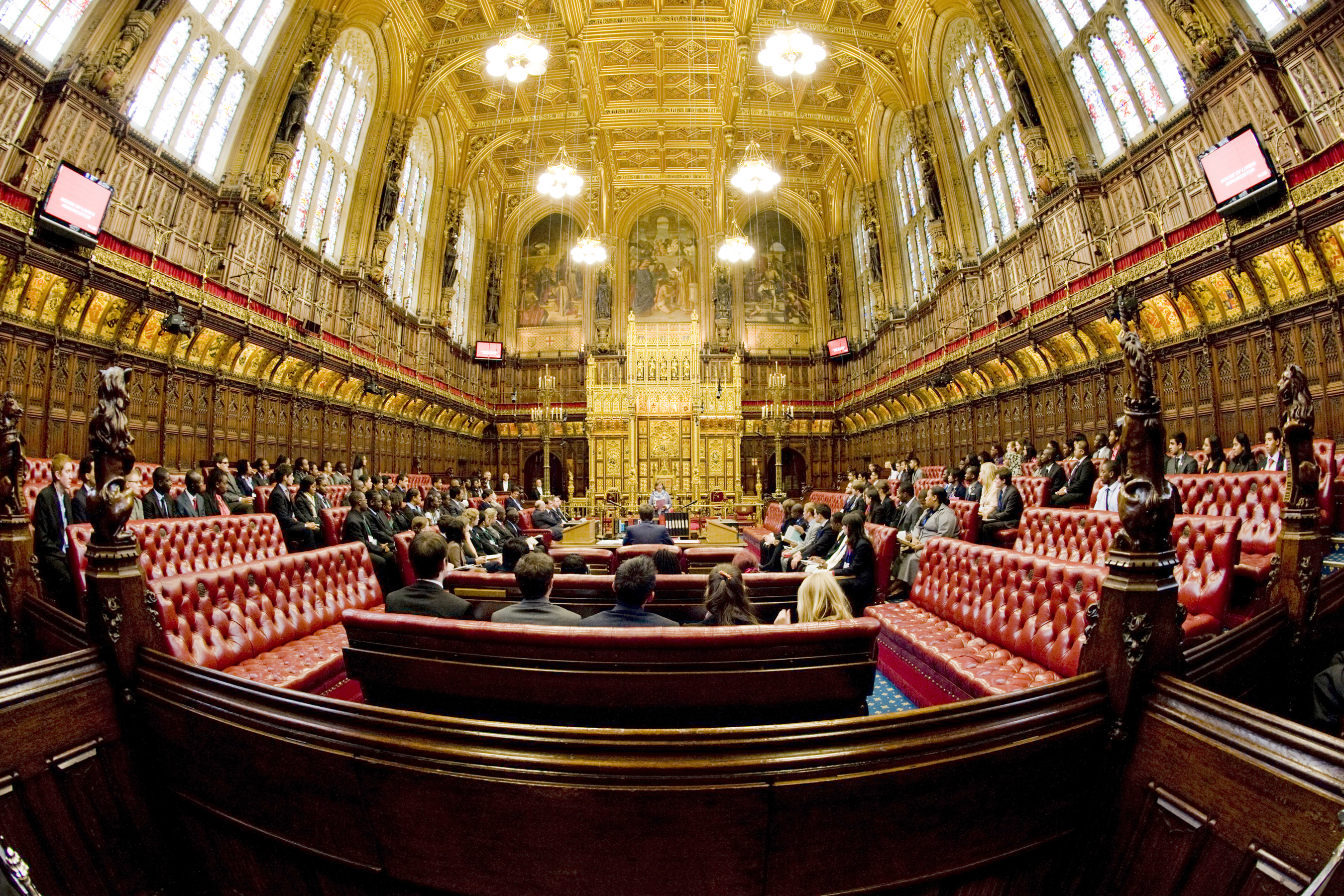The House of Lords are set to agree an amendment to the Brexit Bill protecting EU nationals, in defiance of the Government.
The second chamber, which scrutinises laws proposed by the House of Commons, is expected to add a clause protecting the rights of EU citizens living in the UK after Brexit.
MPs had previously passed the bill without any amendments, accepting assurances that protecting the rights of EU nationals would be a priority for ministers. More than three million people from other countries in the European Union currently live in Britain, so any Brexit deal will have a big impact on their lives.
What even is the Brexit Bill?
The Brexit Bill, officially known as the European Union (Notice of Withdrawal) Bill, is the proposed law that will officially tell the EU we are leaving.
A case heard in the Supreme Court – the highest court in the country – decided the Prime Minister could not officially start the Brexit process on her own – it would need to be done through a vote in Parliament. This is what MPs and Lords are voting on at the moment – a bill to mark our departure.
How does this relate to people’s rights?

At the moment there are more than three million EU nationals living in the UK. As we’re part of the European Union, they’re free to move and work here without getting a visa or asking for permission. Similarly, there are more than a million British people living in other EU countries, most of them in Spain.
However, once we officially leave the European Union, there’s no guarantee these people will be allowed to continue living here – regardless of their families, jobs or how long they have lived here. This is why the House of Lords is seeking to put in an amendment to the bill, which clearly states that the Government will protect their rights. The clause is supported by several political parties in the Lords.
Baroness Smith, leader of the Labour peers, said it is a “sensible step forward” which would set a positive tone to negotiations. Speaking to Sky News, she added:
It is quite clear that if we say we are doing this, other European countries will also do it. They are going to follow suit. It is a moral issue but it is also a pragmatic issue.
The Government, however, doesn’t agree. In a letter written to every member of the House of Lords, Home Secretary Amber Rudd said while an amendment would be “well intentioned” it would not help the thousands of UK citizens living on the continent. Despite this, she stressed:
[There is] absolutely no question of treating EU citizens with anything other than the utmost respect. We owe it to those many European citizens who have contributed so much to this country to resolve this issue as soon as possible, and give them the security they need to continue to contribute to this country.
The Human Rights Committee have previously warned the Government that it shouldn’t use EU citizen’s rights as a “bargaining chip”. It came after Secretary of State for International Trade Liam Fox reportedly stated that EU nationals living in the UK are one of the ‘main cards’ in the Brexit negotiations.
So, what happens next?
If the Lords approve the amendment as expected, that still doesn’t mean it will happen. The bill then gets sent back to the House of Commons to be looked at again. Both houses need to be happy with any bill before it gets passed, with it passing back and forth between the two until everyone is happy.
One thing is for certain though – if the amendment passes in the Lords, there will then be a fresh debate about EU citizens’ rights in the House of Commons.
Want to know more about Brexit and human rights?
- Read this news story on how the Government has a ‘moral obligation’ to secure the rights of EU citizens
- Take a look at a piece on the Human Rights Committee warning EU nationals are not bargaining chips
- Understand the Supreme Court ruling on a Brexit Bill in plain English







